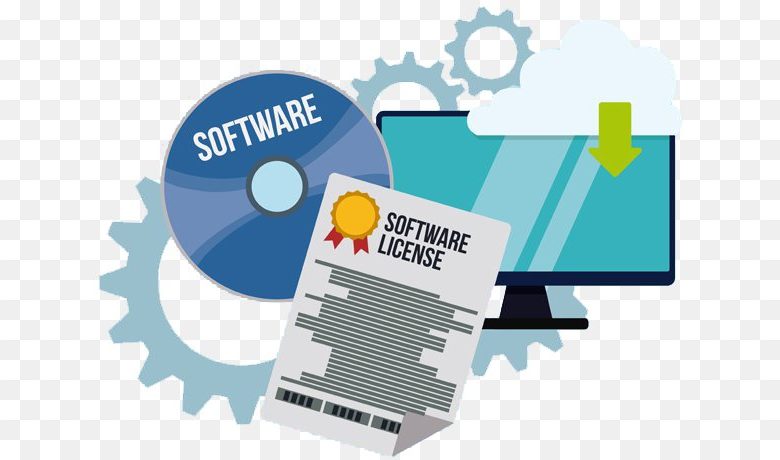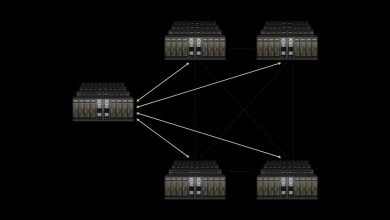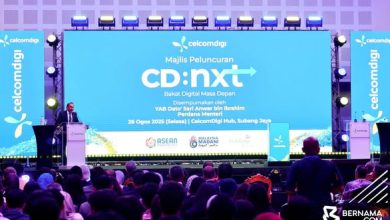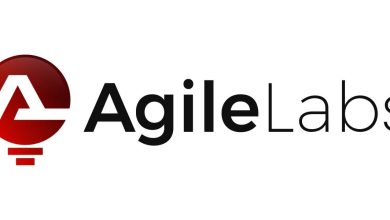New Azul, ITAM Forum Survey: 1 in 4 Organisations Spend More Than USD $500,000 Annually Resolving Software Licence Non-Compliance
73% of enterprises have experienced an Oracle Java audit within the last three years and almost 8 in 10 organisations have migrated, or plan to migrate, to open-source Java alternatives.

Azul, the only company 100% focused on Java, and the ITAM Forum, a global not-for- profit membership association for IT Asset Management (ITAM) professionals, have published the results of a joint global survey of 500 ITAM and software asset management (SAM) professionals.
The results show just how costly software licence missteps have become: 27% of enterprises now spend more than USD $500,000 each year fixing software-licence non-compliance and Oracle Java continues to escalate as a top concern, with 73% having undergone an Oracle Java audit within the past three years and nearly eight in 10 saying they have migrated, or intend to migrate, to open-source Java alternatives to rein in risk and cost.
Behind those numbers lies a growing challenge: Hybrid cloud architectures and an increasing inventory of applications have multiplied vendor terms, making it harder than ever to maintain compliance and visibility across teams. The survey confirms organisations struggle to track usage consistently, both on-premises and in the cloud, raising the stakes for audits and exposing costly gaps. In this environment, the scope and importance of ITAM and SAM functions, as well as the tools and processes they depend on, have shifted from simple asset tracking to a business-critical discipline that safeguards budgets, mitigates audit risk and guides strategic technology decisions.
Organisations Struggle to Manage Software Licencing Compliance
More than a third of survey participants say compliance, including the management of excessive licencing, is the top issue facing their organisation (37%). In addition to the dollars spent each year resolving licensing issues—including audits, additional licences, and penalties—survey participants report that complex software configurations make tracking application usage more difficult (25%). Compliance requires knowledge of where the software is installed, what is running, and where the information is managed. ITAM/SAM professionals report that their organisations struggle to manage this information, especially when tracking software usage across teams or between on-premises and cloud platforms (29%).
Additional challenges relating to managing software licencing and compliance include:
- Difficulty in aligning teams, including IT, software development, legal, and procurement (27%).
- Resource constraints to effectively manage licence compliance (24%).
- Escalating prices, including renewals, additional licences, maintenance, etc. (24%).
- Ensuring compliance with evolving licencing rules or vendor policy updates (23%).
Most Organisations Handle Audits Internally, Yet Struggle with Accuracy, Resources, and Repeated Disruptions
According to the Azul study, ITAM/SAM professionals cite challenges with coordination, collaboration and organisation in their efforts to track software inventory, yet 74% of survey participants say their organisation manages licence discovery and software audits primarily or entirely in-house. This self-reliant approach comes with difficulties, as organisations struggle to maintain accurate software usage records (26%), understand complex licencing terms and conditions (23%), and provide accurate licensing compliance metrics (23%). In addition, 81% of organisations perform licensing audits at least twice a year, with 25% conducting audits continuously. About a quarter report frequent financial penalties and legal actions against them.
The Azul survey participants also cite that software audits are highly disruptive, both operationally and financially. More than 30% report unanticipated results such as:
- Disruption of operations across the entire organisation.
- Unexpected budget impacts.
- Decision to change vendors.
- Stalled projects.
Azul Reports: Oracle Java Audit Pressures Drive Mass Migration
The Azul survey reveals acute Oracle Java licencing challenges—in addition to the high number of respondents who have experienced Oracle Java audits, 96% expressed concern about Oracle’s pricing and licensing policies. Much of this stems from Oracle’s employee-based pricing model for Java, which is forcing companies that do not intend to pay Oracle to invest in new monitoring systems, tracking tools and internal audit processes to ensure they have eliminated all Java instances that require an Oracle licence.
In response to concerns about Oracle’s pricing and licencing policies, 79% of organisations told Azul they have already migrated from Oracle Java, are actively doing so, or are planning to migrate to open-source alternatives. Those considering migration cited security and reliability as the primary drivers (51%), followed by cost reduction (42%) and simpler compliance (40%). Among organizations that have already completed migrations, security played an even larger role, with 57% citing security and reliability as their primary motivation.
Cost savings from open-source Java alternatives are substantial, with 66% of survey participants estimating they could save at least 40% compared to Oracle Java licensing costs. Only 1% expect they would not realise any savings from making the switch.
Growing Market Reflects Escalating Challenges
The Azul study findings come as the global ITAM market has grown from approximately USD $1.15 billion in 2019 to USD $1.49 billion in 2023, representing a 6.9% compound annual growth rate. The SAM market subset is expected to grow at an even faster 16% compound annual growth rate through 2029, reflecting the complexity and importance of software asset management.
Contributing factors include rising software expenditures (now accounting for, on average, 29% of IT budgets), complex licencing models driven by cloud computing and virtualisation, and increasing regulatory compliance requirements.
“The results highlight a fundamental mismatch between the complexity of modern software licencing and the resources organisations rely on to effectively manage software compliance,” said Martin Thompson, Founder of the ITAM Forum. “ITAM and SAM professionals are becoming increasingly vital as organisations increasingly recognize that poor licence management can result in significant financial penalties and operational disruptions. They must have the resources and executive buy-in to ensure compliance and successful license management.”
“The data reveals a concerning trend where the increasing complexity of vendor licencing and pricing has turned routine upkeep into recurring six-figure compliance exercises. When 73% of enterprises have been audited and one in four now spends more than USD $500,000 a year cleaning up licence issues, the cost of merely staying compliant with software licencing and pricing is unsustainable,” said Scott Sellers, Co-Founder and CEO at Azul. “Specifically, when it comes to the uncertainty of Oracle’s ever-shifting Java licencing terms, organisations shouldn’t have to burn ITAM resources, interrupt projects, or absorb surprise penalties just to run their applications. Moving to open-source alternatives lets them break free from the audit treadmill, regain budget, and focus on delivering value.”




